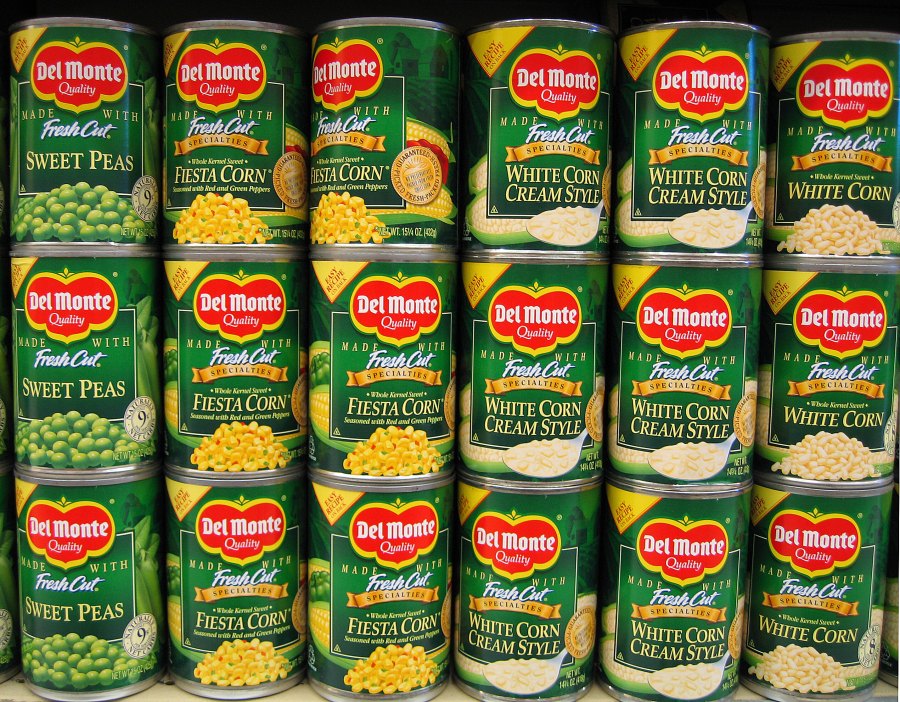
Del Monte Foods, a venerable name in the canned fruits and vegetables industry, has filed for bankruptcy protection as it faces mounting challenges from changing consumer preferences and economic pressures. The 139-year-old company, headquartered in Walnut Creek, California, announced its decision amidst a backdrop of declining sales and increased competition from healthier and more affordable alternatives.
In a bid to stabilize operations, Del Monte has secured $912.5 million in debtor-in-possession financing, ensuring it can continue to operate normally during the sale process. CEO Greg Longstreet emphasized the necessity of this move, stating, “After a thorough evaluation of all available options, we determined a court-supervised sale process is the most effective way to accelerate our turnaround and create a stronger and enduring Del Monte Foods.”
Challenges in a Changing Market
Del Monte Foods, which also owns the Contadina tomato brand, College Inn and Kitchen Basics broth brands, and the Joyba bubble tea brand, has struggled to maintain its market position. While there has been sales growth in its Joyba and broth products in fiscal 2024, these gains have not been sufficient to counterbalance the decline in sales of its flagship canned goods.
According to Sarah Foss, global head of legal and restructuring at Debtwire, “Consumer preferences have shifted away from preservative-laden canned food in favor of healthier alternatives.” This shift has been compounded by grocery inflation, which has driven consumers towards cheaper store brands.
Economic Pressures and Legal Challenges
The economic landscape has further complicated Del Monte’s situation. The imposition of a 50% tariff on imported steel by the Trump administration in June has increased the cost of cans, affecting the company’s bottom line. Additionally, Del Monte Foods, owned by Singapore’s Del Monte Pacific, faced legal hurdles last year when a group of lenders challenged its debt restructuring plan. This lawsuit was settled in May, resulting in a loan that increased the company’s interest expenses by $4 million annually.
These financial strains have made it increasingly difficult for Del Monte to compete effectively, leading to the strategic decision to file for bankruptcy as part of a planned sale of the company’s assets.
Looking Ahead: Implications and Future Prospects
The announcement of Del Monte’s bankruptcy filing marks a significant moment for the company and the broader canned foods industry. As consumer preferences continue to evolve, companies like Del Monte must adapt to survive. The sale process, overseen by the court, is expected to provide a pathway for Del Monte to restructure and potentially emerge as a more competitive entity.
Industry experts suggest that the company’s future success will depend on its ability to innovate and align its product offerings with current consumer trends. The focus may shift towards expanding its healthier product lines and exploring new market opportunities.
As Del Monte navigates this challenging period, stakeholders and consumers alike will be watching closely to see how the company reinvents itself in an increasingly health-conscious market.
Meanwhile, the implications of Del Monte’s struggles may serve as a cautionary tale for other traditional food companies facing similar pressures. The need for adaptation and innovation has never been more critical in the rapidly changing landscape of consumer preferences.







